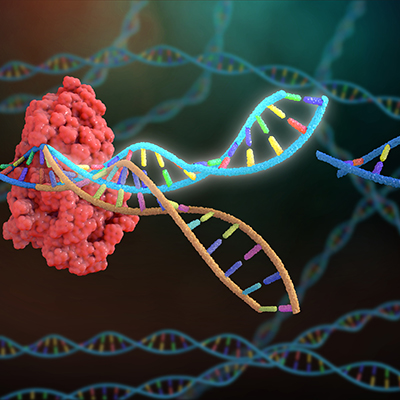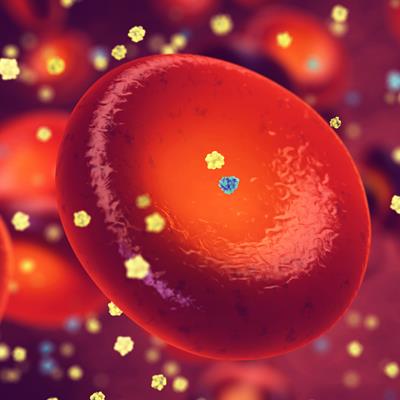 Researchers map RNA to inform selection of stem cells for therapeutic applications
Researchers map RNA to inform selection of stem cells for therapeutic applications
Creating maps of the RNA inside cells could improve cell therapies by enabling the isolation of subsets of cells with similar characteristics, according to a study published Friday in Cell Reports Methods. Read More
 Synthego opens manufacturing facility for gene editing components
Synthego opens manufacturing facility for gene editing components
Genome engineering company Synthego on Thursday announced the opening of an 18,000 square-foot good manufacturing practice (GMP) synthesis facility for gene editing components. Read More
 Next-generation statistical simulator provides benchmarking tool
Next-generation statistical simulator provides benchmarking tool
UCLA researchers have developed an all-in-one, next-generation statistical simulator capable of assimilating a wide range of information to generate realistic synthetic data and provide a benchmarking tool for researchers who use advanced technologies to study diseases and potential therapies. The study, published Thursday in Nature Biotechnology, indicates that the new computer modeling, or in silico, system, can help researchers evaluate and validate computational methods. Read More
 CRISPR technique cuts time to develop mouse models with any cancer-causing gene
CRISPR technique cuts time to develop mouse models with any cancer-causing gene
A CRISPR-based technique has cut the time it takes to create mouse models with mutations that cause cancer, making it easier to show the effects of genetic changes linked to tumor development. Read More
 Pfizer, Thermo Fisher Scientific collaborate to broaden access to NGS testing in underserved countries
Pfizer, Thermo Fisher Scientific collaborate to broaden access to NGS testing in underserved countries
Pfizer and Thermo Fisher Scientific on Tuesday announced they have entered into a collaboration agreement to help increase local access to next-generation sequencing (NGS)-based testing for lung and breast cancer patients in more than 30 countries. Read More
 An unprecedented view of gene regulation
An unprecedented view of gene regulation
Massachusetts Institute of Technology (MIT) engineers have developed a technique to analyze the organization of the genome at a resolution 100 times higher than was previously possible. Read More
 Artificial genetic sequences improve performance of deep neural networks
Artificial genetic sequences improve performance of deep neural networks
Researchers have generated artificial genetic sequences to improve the ability of deep neural networks (DNNs) to predict the rules of DNA regulation. Read More
 New STING-seq approach pinpoints disease-causing genetic variants
New STING-seq approach pinpoints disease-causing genetic variants
Researchers are combining genome-wide association studies, CRISPR, and single-cell sequencing to discover causal variants and genetic mechanisms for blood cell traits. Their approach, dubbed STING-seq, published Thursday in Science, connects genetic variants to human traits and health, potentially helping to identify drug targets for genetic diseases. Read More
 Getting to know the Association of Biomolecular Resource Facilities (ABRF)
Getting to know the Association of Biomolecular Resource Facilities (ABRF)
The Association of Biomolecular Resource Facilities (ABRF) will hold its Annual Meeting May 7 to May 10 in Boston. ABRF is a membership organization that brings together Core facilities across the U.S. and supports more than 2,400 members at over 400 institutions including organizations in government, academia, research, industry, and commercial settings. Over 50% of its members define their area of professional responsibility as either genomics or core administration. Read More
 Gene variant map helps diagnose hereditary diabetes
Gene variant map helps diagnose hereditary diabetes
University of Copenhagen researchers are using high-throughput experiments to explore connections between inherited diseases and a specific gene called GCK. The study, published April 26 in Genome Biology, may help provide better diagnoses of hereditary diabetes and other diseases. Read More
Conferences
Science Briefs
Member Rewards
Earn points for contributing to market research. Redeem your points for merchandise, travel, or even to help your favorite charity.
Research Topics
Interact with an engaged, global community of your peers who come together to discuss their work and opportunities.
Connect
Tweets by @ScienceBoard






